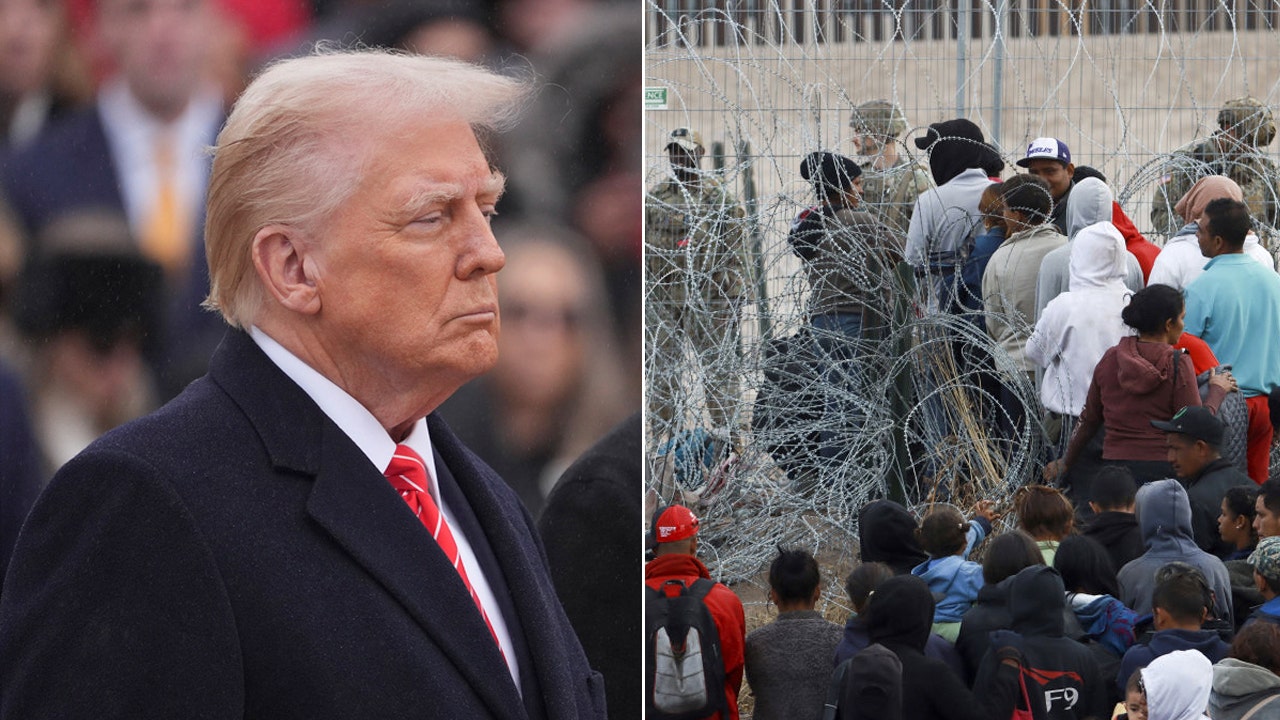Trump to deploy military to border, end Biden parole policies in flurry of Day One executive orders

President-elect Trump is set to make significant changes to U.S. border and immigration policy with a series of executive orders that will be signed shortly after his inauguration. Fox News has obtained exclusive details of three of the expected 11 executive orders that will be signed by Trump.
One of the orders will direct the federal government to resume the construction of the border wall, a key promise of Trump’s 2016 campaign. This order will also put an end to Biden-era parole policies, including the use of the CBP One app to allow migrants into the U.S. and the parole processes for Cubans, Haitians, Nicaraguans, and Venezuelans. Additionally, nearly 1.5 million migrants have been allowed into the U.S. under these policies. The order will also reinstate the Migrant Protection Protocols, also known as the Remain-in-Mexico policy, which requires migrants to stay in Mexico during their asylum hearings.
Another order will deploy U.S. troops to the southern border under U.S. Northern Command and prioritize border security in military strategic planning. The Secretary of Defense will be required to provide a Unified Command Plan to integrate military resources with federal law enforcement and intelligence for maximum effectiveness.
A third order will designate international cartels such as MS-13 and Tren de Aragua as Foreign Terrorist Organizations and Specially Designated Global Terrorists. This designation will allow for targeted action against members of these organizations, including financial penalties.
These executive orders are part of Trump’s plan to secure the southern border and launch a mass deportation campaign. This move comes after years of crisis at the border, which began in 2021 and continued into 2024. Trump has appointed Tom Homan, former ICE director, as “border czar” to oversee border security and deportation operations. South Dakota Gov. Kristi Noem has been nominated to serve as the next DHS secretary.
Noem emphasized the importance of border security in a statement to lawmakers, highlighting that it must remain a top priority for the administration. Trump is expected to announce some of these executive orders during his inauguration address and others during signings at the White House.
These executive orders mark a significant shift in U.S. border and immigration policy and demonstrate the administration’s commitment to fulfilling its promises on border security. Trump’s actions are expected to have far-reaching implications for national security and immigration enforcement.




